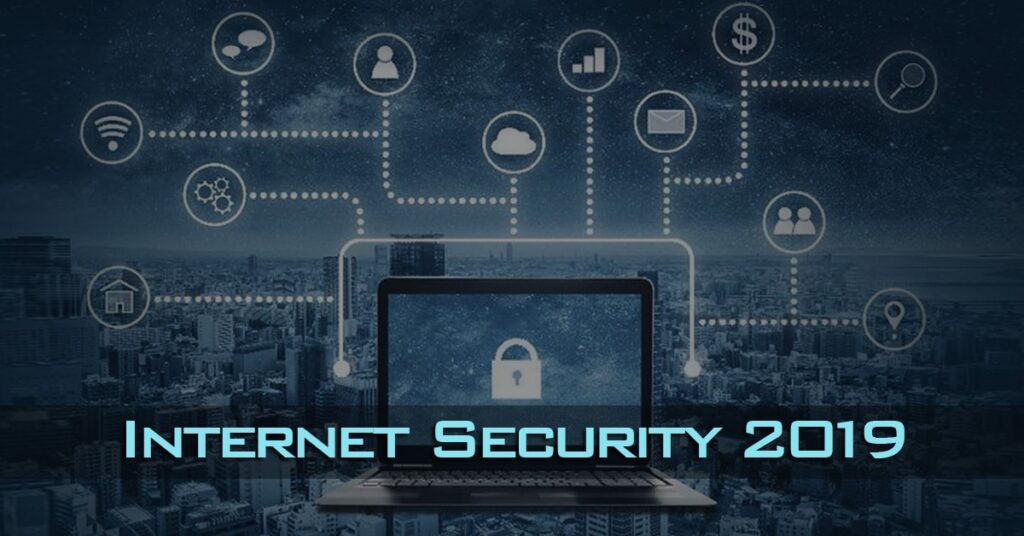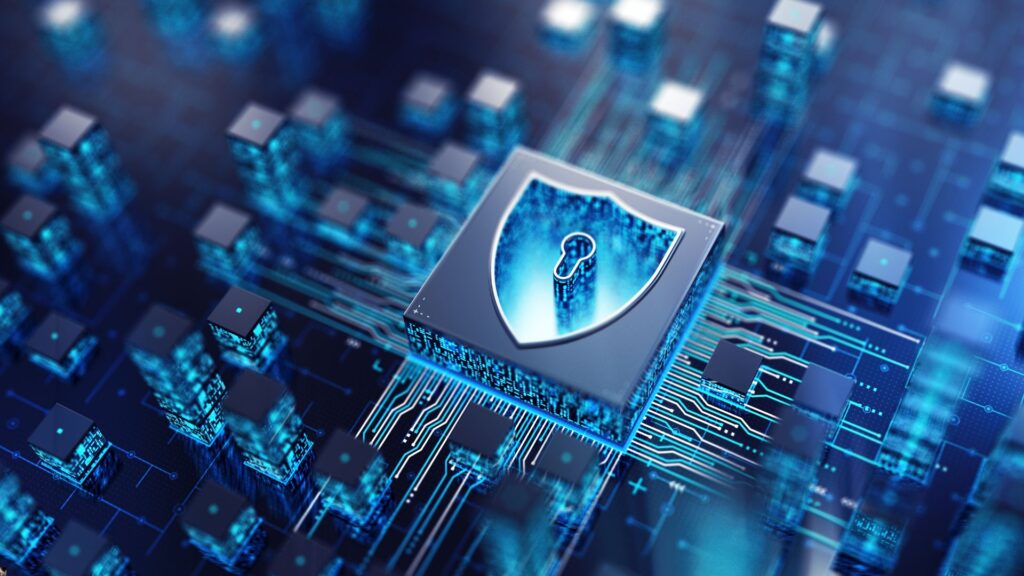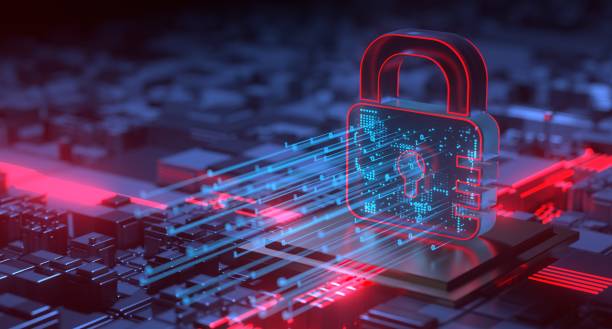Internet Security Protect Your Cyber Life Of course, web-based things cannot be talked less about as they cut across our life in so many ways-from online kind of banking and shopping, social networking, and even working from home. All these expose people to a great deal of cyber dangers, and thus great understanding of internet security and good practices should go hand in hand with protecting information for a safe online life.
Definition of Internet Security
It can be defined as a set of different measures, rules, and provisions. Internet security offers immunity to cyber-attacks while searching or accessing any kind of services from the internet and computer security. It may also include protection measures and personal data privacy while communicating online in a safe manner. The major objectives of Internet Security are achieving immunity for unauthorized access to information and its breaches besides various forms of cybercrime.

Common Internet Security Threats
The effects of the failure in internet security are very serious, and after internet security is compromised then some of the most common attacks associated with it include the following:
1. Phishing Attack: The hacker would write an email that is sent to the person or user where the email would be composed as if some other person is asking for his passwords, credit card information, or some other personal details. They get this done through mail that is misleadingly written or by building false websites which resemble real ones.
2. Malware: It refers to malicious applications with viruses, worms, and spyware. These applications hack into the device and steal private data besides hacking the system functionality.
3. Ransomware: This is malware that encrypts the files of a user; ransomware forces one to pay ransom to decrypt the files. Such attacks can fold businesses and institutions within no time and lead to major financial losses.
4. Data Hack: Hackers find a way into the database and extract sensitive information concerning usernames, passwords, and even financial information. Data hacks are pretty extreme, and the implications arising from these are significant with identity theft and fraud among the most severe effects in most cases.

5. Open Network- Public Wi-Fi: The second one is public Wi-Fi, more generally simply known as Wi-Fi in any coffee shop and even in an airport. As he or she connects to such networks, there is a good chance that hackers may intercept his or her data.
Internet Security Best Practices
Some best practices minimize risks and strengthen internet security for clients:
Most of the recommended best practices seem to decrease risk and, consequently, provide Internet security for the clients.
1. Good and strong password: The most important thing for your account is to have a good and strong password. There should be an amalgamation of alphabets, numbers, and symbols in a good password. One should not allow the use of a single password for all the accounts, as it would be very vulnerable to that single password. Make the services of a password manager to help one out in managing and generating good, strong passwords.
2. Enable two-factor authentication: Allow the possibility of receiving the 2FA through any avenue possible. Another safety feature is that you will also be asked for another authentication which arrives as a code; it will find its way to you via your mobile phone.
3. It updates frequently: Pretty obvious, there are very high chances of updating the software, operating system, and applications over the security holes. The development team normally lets the people know about the security update so that they can improve their capability regarding security as well as eliminate the identified flaws.
4. Be Careful with Emails and Links: Do not ever open a suspicious-looking link or download attachments from anyone whom you do not know. E-mail scams will likely be masked by the pretense that it is coming from a trusted organization, so to be sure, spend very little time reviewing the source address and content for authenticity.
5. VPN: VPN encrypts internet much safer when accessing internet via public access networks. No third party will intercept your data.
6. Monitoring current accounts: Bank and credit card statements should be checked for fraud for any unauthorized transactions that may have been affected which should then be reported to the bank immediately, if account holders only just suspect fraud.
Education and Awareness
Perhaps it is one of the most precious security supports for the internet, educational level. Of course, if this were so, and educating in current threats and what to look for was implemented, it would seriously impede the ability for cybercrime to be executed for users within that category. For this reason, best practice education is offered through workshops, online courses, and so forth for all ages of users.

Conclusion
Moreover, with an increasing demand for digital world calls for internet security. Such threats keep on changing within the internet; hence, one has to be watchful and proactive for that. The protection of personal information through the adoption of best practice and a culture of security awareness helps foster an online safe space that is therefore a responsibility shared in protecting our digital presence in continuous commitment and education.
